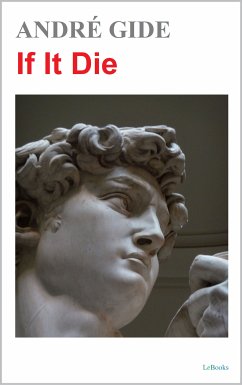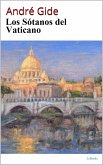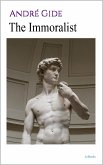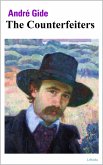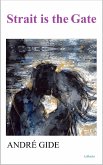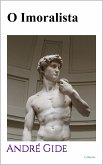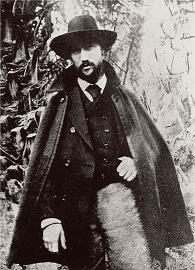If It Die... by André Gide is a profound exploration of personal identity, moral ambiguity, and the human experience. Through this autobiographical work, Gide reflects on his formative years, offering an intimate portrayal of his journey from adolescence to adulthood. The narrative delves into his struggles with religion, sexuality, and societal expectations, portraying his inner conflict with refreshing honesty. In If It Die..., Gide confronts the rigid moral structures of his upbringing, particularly the influence of his Protestant faith. He presents a nuanced depiction of his search for authenticity, as he grapples with questions of desire and identity in a society that demanded conformity. Gide's writing is both introspective and candid, offering readers an unvarnished look into the complexities of his emotional and spiritual development. The book is not merely a personal reflection, but a critique of the social and moral constraints of late 19th and early 20th-century France. Through his narrative, Gide explores themes such as the tension between personal freedom and societal norms, as well as the hypocrisy inherent in conventional morality. His experiences, particularly his travels and encounters with different cultures, broaden his perspective and deepen his understanding of human diversity.
Dieser Download kann aus rechtlichen Gründen nur mit Rechnungsadresse in A, B, BG, CY, CZ, D, DK, EW, E, FIN, F, GR, H, IRL, I, LT, L, LR, M, NL, PL, P, R, S, SLO, SK ausgeliefert werden.

